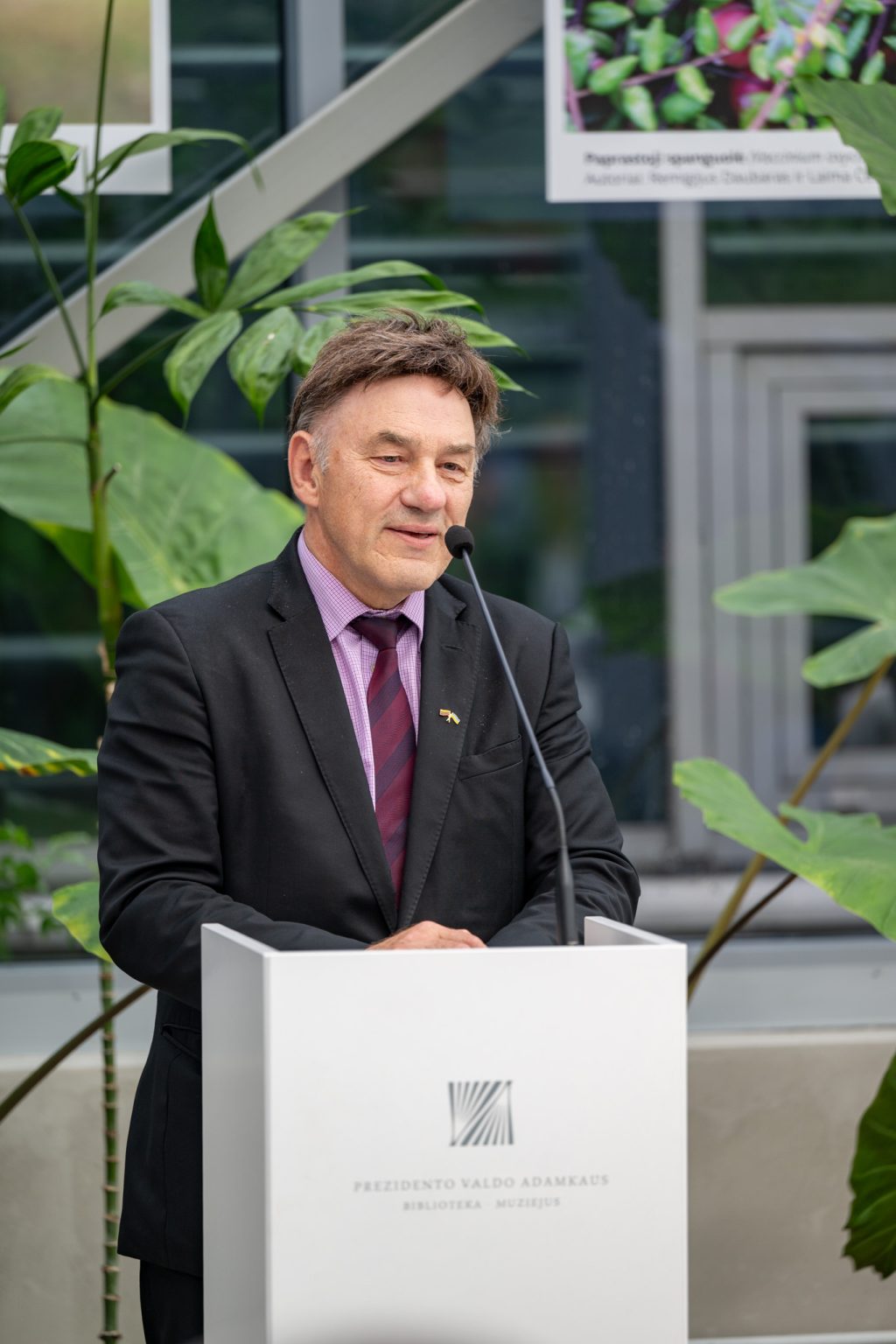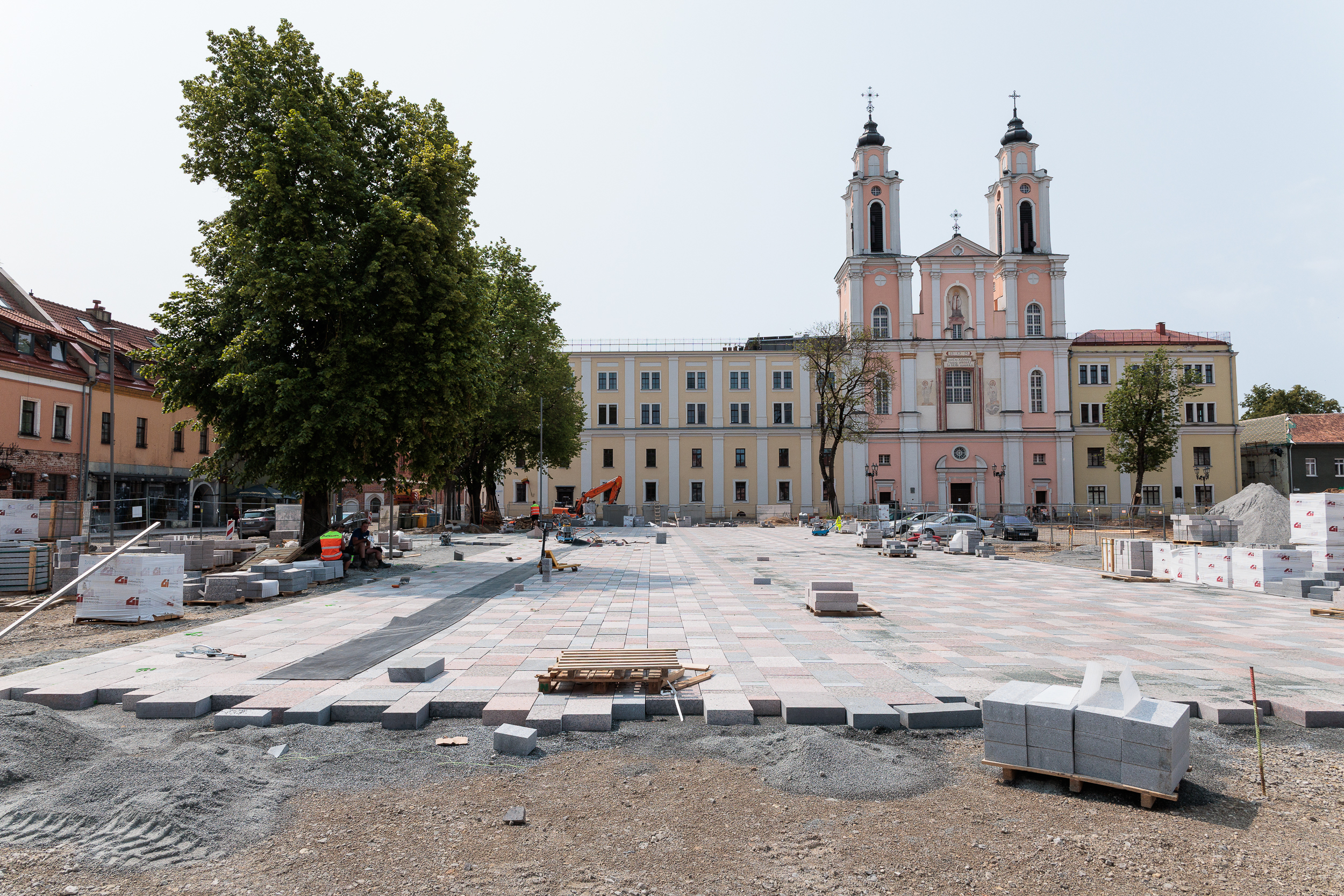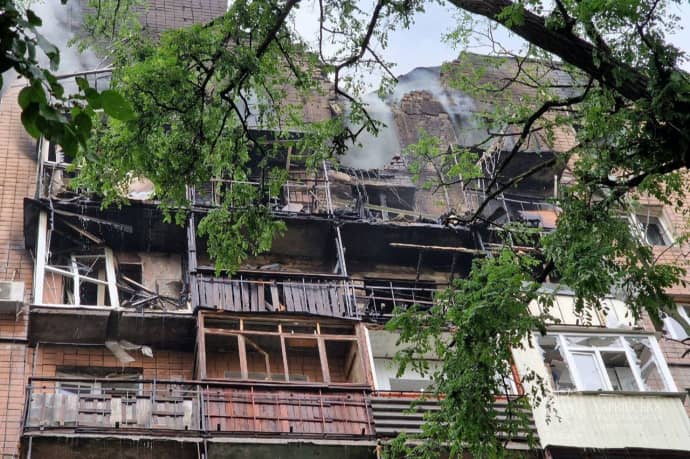This aggressive cancer is often detected late: what to do?

Lifestyle is important
Although the total incidence of this type of cancer is decreasing, young sick people are increasing, and low survival rates are not delighted in the late stages of the disease.
« It is not yet possible to answer the question of why the incidence of morbidity in different countries in the world is unlikely, but it is believed that the prevalence of risk factors is expected to contribute, » says Dr. Augustin Baušys.
One of the well -known risk factors for gastric cancer is nutrition. It is noticeable that in countries with high levels of stomach cancer, popular food salted food. Traditionally, Lithuanians are used to eating many smoked and salted meat products, and salt is a well -known risk factor that can contribute to the development of stomach cancer.
The stage of this cancer has been observed on average every twelve months. In other words, from the first to fourth stage, cancer can develop in about four years.
Other risk factors, which we can at least partially control by adjusting a lifestyle. In particular, these are harmful habits: smoking, alcohol – abandoning, sufficient physical activity, a balanced diet with more fruits, vegetables and fiber products. By following these principles of lifestyle that reduce stomach cancer, we reduce the likelihood of developing other diseases.
Genetically inherited cases, according to the doctor, account for only a small part of all cases of stomach cancer: “Individual cases of family disorders may be associated with a slightly higher risk than normal, but we cannot be called hereditary stomach cancer. We can say when a specific gene is known for cancer, only about 1 % of the cases of stomach cancer. ”
Not distinguished: According to A. Baušis, the first stage of stomach cancer is usually no symptoms or is common in other diseases, such as heartburn or abdominal pain. / Photo by NVC
The symptoms associated with the disease
Up to half of all cases of stomach cancer detected in Lithuania are classified as an advanced stage of the disease. Early stage stomach cancer is rarely detected – up to 15 percent. of all cases.
« The first stage of stomach cancer usually has no symptoms or they are lightly expressed, non -specific, specific to other diseases. After all, heartburn or abdominal pain does not occur these days.
Among other symptoms that do not need to be dropped by hand, the doctor lists the lack of appetite, the early feeling of fullness, acid or heartburn, nausea, vomiting. Sometimes, especially when the disease is advanced, stomach cancer is diagnosed when bleeding from the gastrointestinal tract or intestinal obstruction.
Although the number of cases of stomach cancer determined by advanced stages sounds frightening, a similar situation is observed not only in Lithuania but also in other Western countries, where preventive gastric cancer early diagnosis program is not conducted.
Nutrition: Frequent consumption of smoked and abundant meat products and other cheeses increases unhealthy foods at the risk of stomach cancer. / Photo by Freepik.com
Such a program is conducted by South Korea, Japan and Chile – countries where stomach cancer is extremely common. It is true that the EU level is recently focused on the fight against cancer, and there is already a debate in the context of these initiatives about the possibilities of the gastric cancer prevention program in the near future.
« For example, in South Korea, the employer not only has to make it possible for their employees to check, but also to ensure that they participate in the early diagnostic program of stomach cancer. Otherwise, the employer will be fined. Naturally, most cases of stomach cancer in this country are detected in the early stages. stomach cancer, ”says A. Baušys.
That it is indeed genetically hereditary stomach cancer, we can say when a particular gene responsible for cancer is known – only about 1 percent. of all cases of stomach cancer.
Surgery – indispensable
Medics identify stomach cancer as a rather aggressive disease, but it is difficult to answer the question of how quickly it develops – science -based evidence is still small.
« There are several studies of this kind, when people who refused treatment have agreed to be monitored in South Korea. It has been observed that the stage of this cancer is increasing on average every twelve months. In other words, from the first to fourth stage, cancer can develop in about four years, » says NVC Abdominal Surgery.
It is important to determine the early stages of stomach cancer due to treatment effectiveness: the less advanced the disease, the more likely a person is to recover. In medical research, a five -year survival rate is usually recorded. This is exactly the time after treatment that the disease has not regenerated.
When the patient is treated, when he or she is diagnosed with early stages of stomach cancer, the survival rate is more than 95 %. In the second or third stage of stomach cancer, the survival rate is less than 50 %. If the fourth stage of cancer is detected, treatment is usually prescribed to prolong the patient’s life expectancy.
A. Baušys emphasizes that treatment tactics are selected individually, multidisciplinary teams in each case, but surgery is still the main and only treatment for stomach cancer to expect patients to recover completely.
Consequence: Often, seek medical help is encouraged by the weight loss, one of the most prominent symptoms of advanced cancer. / Photo by Freepik.com
« In the early form of cancer, only surgical treatment is commonly used. It may eliminate part or the entire stomach, as well as nearby lymph nodes. Once the second or third or third stomach cancer is detected, it is common to apply pre -operative chemotherapy before surgical treatment. Micromets are not offered if the disease is proposed, unless the tumor presses on the gastrointestinal tract or the tumor is aimed at ease of symptoms, ”says A. Baušys.
In South Korea, the employer must create conditions for their employees and ensure that they are involved in the early diagnostic program of stomach cancer. Otherwise, the employer is fined.
NVC is also constantly undergoing clinical trials with innovative medical treatment for patients and new surgical techniques. Often, the results of clinical trials performed here allow for significant innovations to be used to treat cancer.
« When it comes to surgical treatment, we can offer patients everything the world’s most advanced clinics offer, » says A. Baušys.










